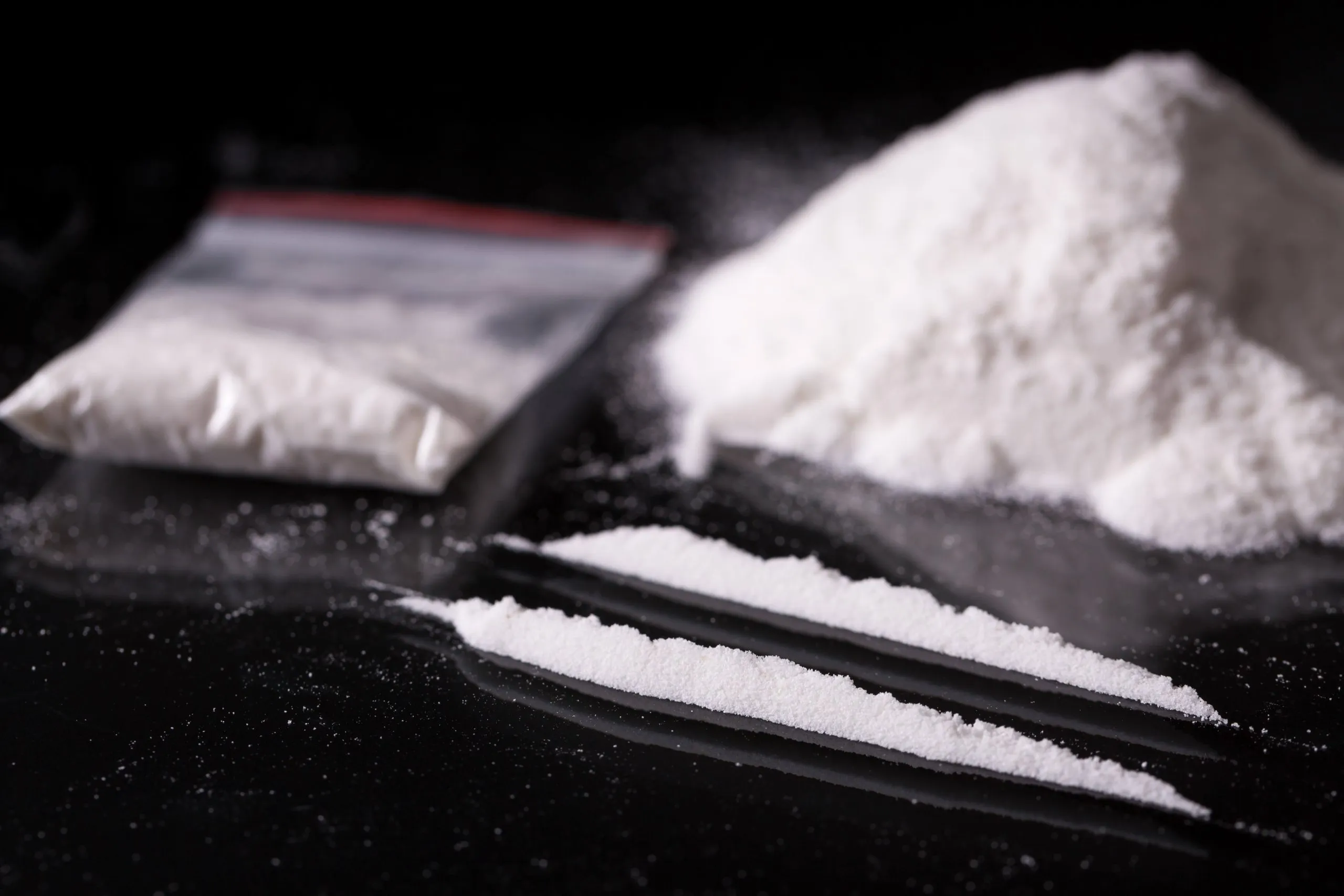By Julien Morel
Copyright jerseyeveningpost

HEALTH professionals working closely with drug users in Jersey say that they have seen a significant rise in the number of people injecting themselves with cocaine – an extremely dangerous method which increases the risk of addiction and serious health issues like HIV or cardiac arrest.
Last week, the JEP reported on the increasing problem of cocaine in Jersey, revealing that more than twice the amount of cocaine seized last year has already been confiscated by officials this year.
More than 3kg was seized by Customs in the first half of this year, with another 2.5kg being analysed. This compares to 1.5 kg confiscated in the whole of 2024.
However, the quantity of the drug being smuggled into the Island – fuelled by a ready supply in the UK and a high street price – is not the only thing worrying officials.
The method by which users are taking cocaine is also concerning, with users dissolving the stimulant into a fluid and injecting it directly into their bloodstream, which heightens the hit but also elevates the risks.
Harm reduction worker Leah Le Cornu, from the Alcohol and Drug Service at Health, said it was becoming increasingly prevalent.
She said: “In the past few years, I have seen a big increase in people injecting cocaine, which is something that we have not seen before; it is a more dangerous way to take the drug.
“With injecting, there is a risk of hepatitis and HIV, especially if sharing equipment. There is also a risk to your veins because cocaine constricts the veins and blood vessels, which makes it harder to get oxygen into the blood.”
She added: “If there are additives in the cocaine, this can lead to a build up of residue in the veins, which can also raise the risk to the heart.
“With snorting and injecting, there is also a risk of blood-borne viruses.”
Ms Le Cornu said that users had told her that, because the drug goes straight into the blood, injecting it gave them a quicker and better hit than snorting.
However, she added: “Unless you completely trust the drug you’re taking, you don’t know what it is mixed with, and it could contain substances which are not designed to be injected.
“Some people in the UK do something called ‘speed-balling’, which is injecting cocaine with heroin. However, this is not something that tends to happen in Jersey: the Island very much has its own trends depending on what drugs have come in.
“We deliver a harm reduction programme which promotes suppository use rather injection. This is safer and does not risk damaging veins or blood borne damage, which is a risk when snorting because there are lots of blood vessels in your nose.
“We also offer free blood-borne testing at the service.
“Because cocaine, MDMA, ketamine and other substances can be laced with synthetic opioids such as nitazenes, we also offer a free, take-home medication called Noloxone, which reverses an opioid overdose by displacing opioid drug molecules from the receptors in the brain and body.
“This can be effective, but it is temporary. We teach people how to use it and store it.”
Ms Le Cornu stressed the dangers of mixing cocaine with alcohol.
“When combined with alcohol, cocaine produces a chemical called cocaethylene, which is more potent and dangerous,” she said. “It blocks dopamine re-uptake and, over time, the body produces less dopamine, which can increase anxiety, depression and other mental illnesses.
“If you stop using cocaine, the brain will go back to normal but regular use can leave a lasting impact.
“There are non-medical dangers too: there is often peer pressure, the expense of buying it: it is not cheap and you can go into drug debt.
“We would always say that the safest option is not to use drugs but if people are using them, we will set out the dangers and the facts and provide harm reduction advice so people can make an informed decision.”



